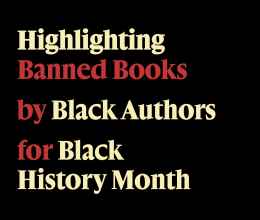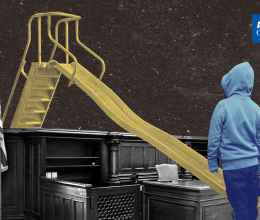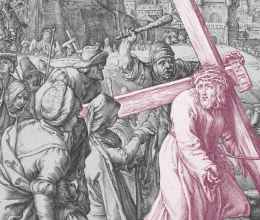Black History Month is a time to celebrate and reflect on African-Americans who have made great contributions to our country. The ACLU wants to acknowledge the impact of black activists, both past and present, who have made our work stronger. Founding Member James Weldon Johnson, who helped found the ACLU in 1920, was an early civil rights activist whose biggest passion for activism was to teach and write. The NAACP described Johnson’s philosophy “that it was important for blacks to produce great literature and art. By doing so, Johnson held that blacks could demonstrate their intellectual equality and advance their placement in America.” As a creative writing professor for Fisk University, much of his teachings focused on racial advancement, using it as a tool to address inequalities for African-Americans. Some of his most famous work includes The Autobiography of an Ex-Colored Man and God’s Trombones: Seven Negro Sermons in Verse. Time Doesn’t Heal All. Fast forward to present day, though strides have been made, we are far from equality.
Read an excerpt from The New Jim Crow.
Despite the advances our nation has made, African-Americans disproportionately have:
- Limited access to quality education.
- Less access to health-care services than white Americans.
- Higher rates of arrests and incarceration.
- Lower incomes.
- Worse life expectancy.
- Poorer health conditions.
- A residence in a high-crime area.
While it’s important to celebrate successes of those who have made important advancements for the black community, it is just as important to highlight present-day individuals who carry on the fight for equality.
Today’s Activist Michelle Alexander has a deep passion for demonstrating to others how our country is disguising racism within the context of criminal justice. Author of the award-winning The New Jim Crow, she explains, “In the era of colorblindness, it is no longer socially permissible to use race, explicitly, as a justification for discrimination, exclusion, and social contempt. So we don’t. Rather than rely on race, we use our criminal justice system to label people of color ‘criminals’ and then engage in all the practices we supposedly left behind.” Before publishing her book, Alexander worked for the ACLU of Northern California as the executive director of the Racial Justice Department, one of the leaders exposing racial profiling and injustices within law enforcement with the Driving While Black or Brown Campaign. Alexander’s work to continually challenge systems of oppression is an important contribution for moving the scales closer to equality and justice. Currently, she is a professor at Moritz College of Law at The Ohio State University. She has participated in a TEDtalk, and has been featured on multiple national news outlets, including NPR and The New York Times. The ACLU supports activists striving to advance civil liberties in their communities and we honor their contributions to social justice.








